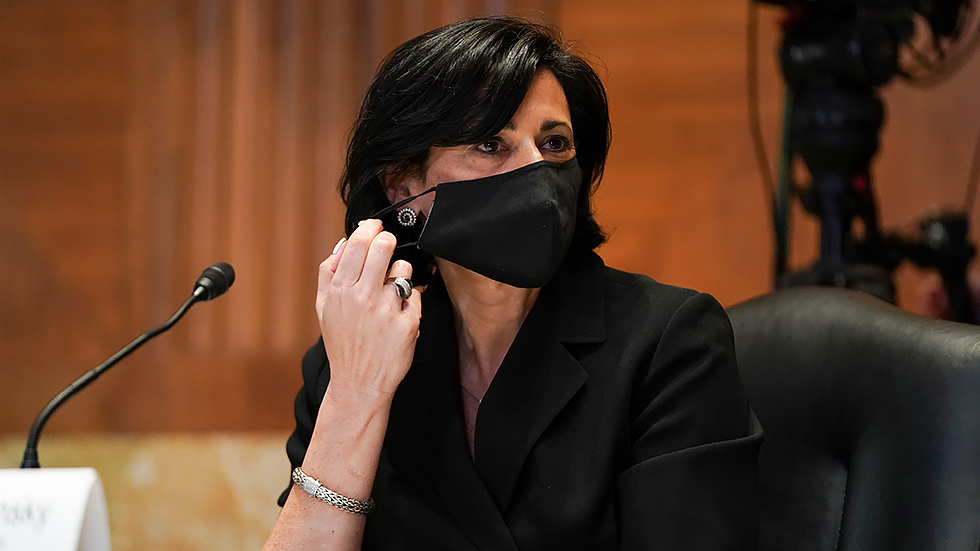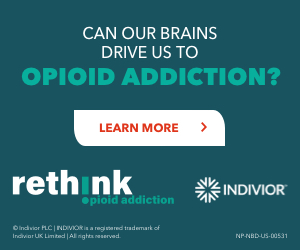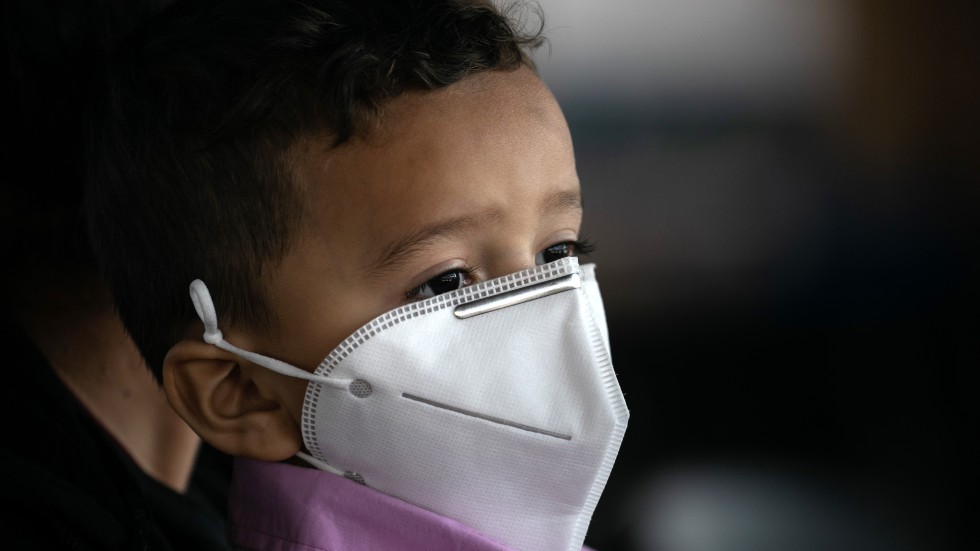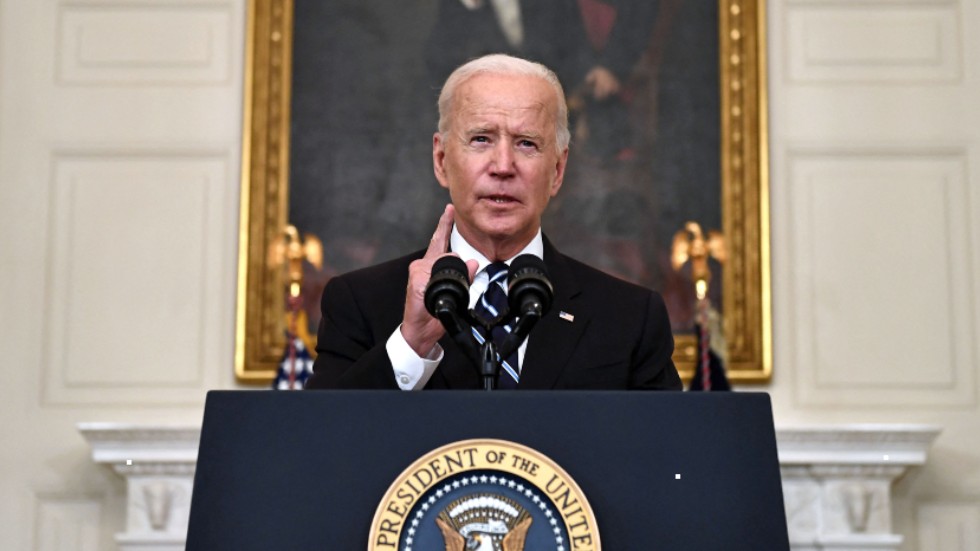Overnight Health Care — Presented by Indivior — Walensky gives green light for boosters
Welcome to Friday’s Overnight Health Care, where we’re following the latest moves on policy and news affecting your health. Subscribe here: digital-staging.thehill.com/newsletter-signup.
It’s starting to become clear just how large of an impact COVID-19 vaccine mandates will have. The NBA season starts in about a month, and Brooklyn’s Kyrie Irving and Golden State’s Andrew Wiggins won’t be allowed to play home games if they don’t get vaccinated— meaning they’d forfeit half their respective paychecks.
The CDC director decided to break with an agency advisory panel and expand the recommendation for booster shots of the Pfizer-BioNTech vaccine to include people at risk of exposure because of their jobs. If you’re eligible, shots can be administered immediately.
For The Hill, we’re Peter Sullivan (psullivan@digital-staging.thehill.com), Nathaniel Weixel (nweixel@digital-staging.thehill.com) and Justine Coleman (jcoleman@digital-staging.thehill.com). Write to us with tips and feedback, and follow us on Twitter: @PeterSullivan4, @NateWeixel and @JustineColeman8.
Let’s get started.
CDC director partially overrules panel, signs off on boosters

Booster doses of Pfizer-BioNTech’s coronavirus vaccine can be administered to potentially tens of millions of people after the head of the Centers for Disease Control and Prevention (CDC) early Friday morning broke with the recommendations made by a key agency advisory panel.
In an announcement made after midnight Friday, CDC Director Rochelle Walensky said anyone between the ages of 18 and 64 who are at increased risk of COVID-19 “exposure and transmission because of occupational or institutional setting” may get a third dose of Pfizer’s vaccine if they want to, based on their risk levels.
The language was deliberately broad; that group could encompass health-care workers, teachers, grocery-store workers and basically any other “front line” worker. Or anyone who says they are a front line worker.
The shots are available at locations where the Pfizer vaccine is already being administered, including pharmacies, health departments, clinics and some doctor’s offices.
The CDC’s guidance aligns with what the Food and Drug Administration authorized on Wednesday. It avoids what was previously conflicting guidance and encompasses a wider population than what the agency’s vaccine advisory panel recommended earlier Thursday.
Walensky defends decision: During a White House briefing Friday, Walensky said she did not overrule the panel, and defended her decision to broaden the recommendation.
“This was a scientific close call. In that situation, it was my call to make,” Walensky said.
The advisory panel had a long discussion, the vote against recommending boosters based on occupation was close. “Had I been in the room and on the committee, I would have voted yes,” Walensky said, and indicated she chose to err on the side of being too broad, rather than too narrow. “It was a decision about providing, rather than withholding access,” she said.
Few limits: Walensky said they are asking people to self attest their eligibility, rather than providing proof such as a doctor’s note. In addition, much of the population has at least one health condition that elevates their risk of severe disease, at least according to CDC’s general list. That means tens of millions of people are likely eligible— despite the fact that both FDA and CDC advisory panels felt there wasn’t much evidence that current protection was waning for anyone other than the older populations.
A MESSAGE FROM INDIVIOR

It’s time to rethink opioid addiction. Let’s focus on ending the stigma around opioid use disorder and removing barriers to treatment for vulnerable populations.
BIDEN URGES BOOSTERS FOR ELIGIBLE ADULTS
President Biden on Friday urged older Americans, front-line workers and those with underlying health conditions who received a Pfizer coronavirus vaccine between January and March to get a booster shot.
“This week, as planned, we took a key step in protecting the vaccinated with booster shots, which our top government doctors believe provides the highest level of protection available to date,” Biden said. “The booster shot is free and easily accessible.”
Biden said up to 60 million Americans will soon be eligible, and 20 million Americans are eligible today.
Doses will be available nationwide at more than 80,000 locations, including more than 40,000 pharmacies, he said.
What about non-Pfizer recipients? They’re left waiting. While acknowledging most Americans who received a Pfizer shot are eligible for a booster, Biden urged people who received the Moderna and Johnson & Johnson vaccine to be patient.
“My message for you is this: You still have a high degree of protection. Our doctors and scientists are working day and night analyzing the data from those two organizations on whether and when you need a booster shot, and we’ll provide updates for you as the process moves ahead,” Biden said.
Schools without mask mandate 3.5 times more likely to have COVID-19 outbreaks: CDC study

A CDC study found that schools in two Arizona counties that didn’t require universal masking were 3.5 times more likely to endure COVID-19 outbreaks than schools with mask mandates.
Out of the 191 schools in Maricopa and Pima counties that experienced outbreaks by the end of August, 59.2 percent did not have a mask requirement, compared to 8.4 percent that required masks from the start of the school year.
Almost a third of outbreaks occurred in schools that implemented mask mandates after the school year began.
The results support the argument to require masks in schools to reduce transmission, at a time when the controversial debate has turned political and bled into ongoing court battles.
In the study, the researchers defined an outbreak as when a school had two or more confirmed COVID-19 cases among students or staff within a two-week period and at least seven days after the school year began. The schools that had outbreaks within seven days were excluded from the study.
The CDC also released an additional study on masking in schools, finding that counties with school mask mandates experienced lower increases in pediatric COVID-19 case rates than counties without school mask requirements.
Lawmakers: Biden must do more on global vaccines

President Biden announced 500 million additional vaccine doses for the world this week. But advocates and lawmakers are pushing for more.
To truly solve the glaring inequities in global vaccine supply, they say the Biden administration should push vaccine makers to share know-how to allow more countries to make additional doses themselves, and that the government should provide more funding to scale up vaccine manufacturing capacity.
“Donations in and of themselves are a drop in the bucket of global need,” said Max Hadler, COVID-19 senior policy expert at the group Physicians for Human Rights.
“The scale is so much higher than the scale world leaders are talking about right now,” he added.
Lawmakers push for funding: “This is undoubtedly a step in the right direction, but I urge the President to take bolder action as soon as possible,” Rep. Raja Krishnamoorthi (D-Ill.) said in a statement in response to the announcement of the new donation of Pfizer doses.
Krishnamoorthi helped lead a letter from 116 Democratic lawmakers in August calling for including $34 billion in Democrats’ coming $3.5 trillion package to ramp up global COVID-19 vaccine manufacturing and distribution.
A MESSAGE FROM INDIVIOR

It’s time to rethink opioid addiction. Let’s focus on ending the stigma around opioid use disorder and removing barriers to treatment for vulnerable populations.
WHO RECOMMENDS ANTIBODY TREATMENT
The World Health Organization (WHO) updated its COVID-19 treatment guidelines to add the antibody cocktail made by Regeneron.
The recommendation, issued on Friday and based off of experimental trials, encourages the two antibodies produced by Regeneron — casirivimab and imdevimab — be used on COVID-19 patients “who are non-severe and at higher risk for hospitalization.”
It is the first drug against COVID-19 the WHO has recommended for use in non-severe high-risk patients to reduce the chances of the disease progressing.
Due to the treatment’s high cost and limited availability, the WHO is negotiating with companies and urged Regeneron to lower the price. WHO said it is working with humanitarian organizations to ensure the drug is produced at lower costs and becomes available to all in need, including in low- and middle-income countries where access to the treatment is difficult.
WHAT WE’RE READING
- Biden’s chaotic messaging on Covid-19 boosters is pitting the White House against the government’s scientific advisers (Stat News)
- CDC struggles to expand pandemic response team as morale plummets (Politico)
- Fully vaccinated is suddenly a much less useful phrase (The Atlantic)
- A daily pill to treat Covid could be just months away, scientists say (Kaiser Health News)
STATE BY STATE
- NY hospitals, schools fear staff shortage from vaccine rules (The Associated Press)
- Hospitals in Alaska struggle to handle a worsening outbreak. (The New York Times)
- ‘It’s a tragedy’: State health officer responds to Alabama now leading the country in COVID-19 death rate (WHNT)
That’s it for today, thanks for reading. Check out The Hill’s healthcare page for the latest news and coverage. See you Monday.
{mosads}
Copyright 2024 Nexstar Media Inc. All rights reserved. This material may not be published, broadcast, rewritten, or redistributed..

















